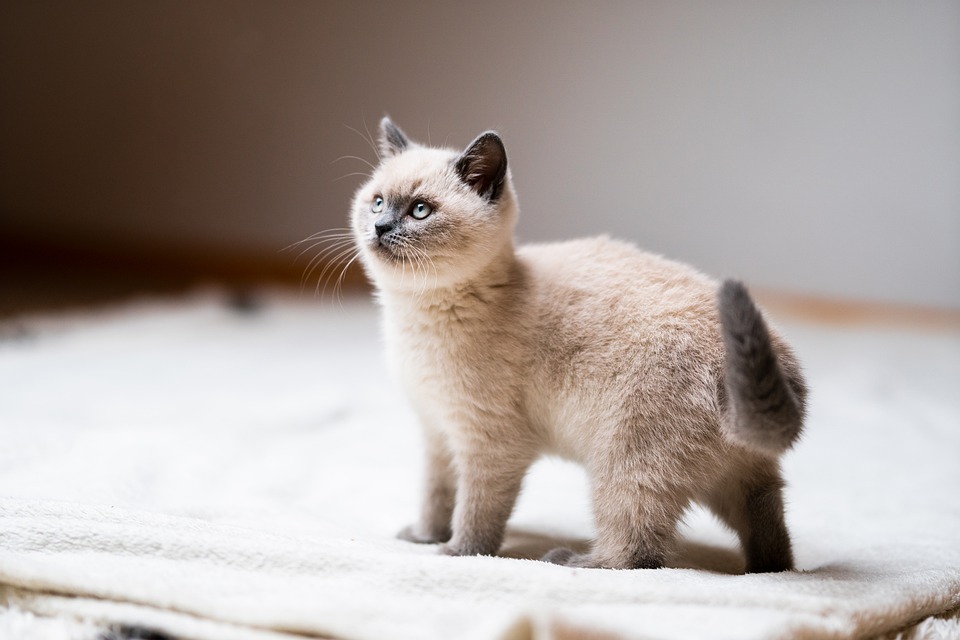Arthritis is a common condition in cats, particularly among older felines. It can cause discomfort, pain, and reduced mobility. As a responsible cat owner, it’s crucial to understand how to manage arthritis in your furry friend. In this article, we will provide you with essential tips and advice on caring for a cat with arthritis. Additionally, we will address frequently asked questions to help you navigate this condition effectively.
Understanding Arthritis in Cats
Arthritis, also known as degenerative joint disease, occurs when the cartilage in a cat’s joints deteriorates over time. This degeneration leads to inflammation, stiffness, and pain. Cats with arthritis may exhibit symptoms such as decreased activity levels, difficulty jumping or climbing, stiffness, limping, and irritability. If you notice any of these signs, it’s crucial to consult your veterinarian for a proper diagnosis.
Tips for Managing Arthritis in Cats
1. Consult with a Veterinarian: If you suspect your cat has arthritis, schedule a visit to the veterinarian. They will perform a thorough examination and may recommend X-rays or other diagnostic tests to confirm the diagnosis. Your veterinarian will suggest an appropriate treatment plan based on the severity of your cat’s arthritis.
2. Weight Management: Maintaining a healthy weight is crucial for cats with arthritis. Extra weight puts additional strain on their joints, worsening the condition. Work with your veterinarian to determine the ideal weight for your cat and establish a well-balanced diet. Consider feeding them high-quality, low-calorie cat food to aid weight management.
3. Provide a Comfortable Environment: Make your cat’s environment arthritis-friendly. Ensure their bed is soft and well-cushioned, providing support to their joints. Consider providing steps or ramps to help them access their favorite elevated spots. Additionally, provide warm and cozy areas for them to rest, as warmth can alleviate stiffness and discomfort.
4. Regular Exercise: Although cats with arthritis may be less active, it’s crucial to encourage gentle exercise to maintain joint flexibility. Engage your cat in low-impact activities, such as interactive play sessions or using puzzle toys to stimulate movement. However, avoid activities that put excessive strain on their joints, such as jumping or rough play.
5. Consider Joint Supplements: Discuss with your veterinarian the possibility of incorporating joint supplements into your cat’s diet. These supplements, often containing glucosamine and chondroitin, can help support joint health and alleviate arthritis symptoms. Ensure you use supplements specifically formulated for cats, as some human supplements may be harmful to them.
6. Medications and Pain Relief: In more severe cases, your veterinarian may prescribe medications to manage your cat’s arthritis pain and inflammation. These may include non-steroidal anti-inflammatory drugs (NSAIDs) or other pain relievers. Never administer human medications to your cat without veterinary guidance, as they can be toxic or have adverse effects.
7. Regular Veterinary Check-ups: Arthritis is a progressive condition, and its symptoms may worsen over time. Schedule regular check-ups with your veterinarian to monitor your cat’s arthritis and adjust the treatment plan as needed. They can also provide additional advice or recommend alternative therapies, such as acupuncture or physical therapy.
FAQs about Arthritis in Cats
1. Can cats of any age develop arthritis?
Yes, although it is more common in older cats, arthritis can develop in felines of any age, including young kittens.
2. Are certain cat breeds more prone to developing arthritis?
While arthritis can affect any cat breed, certain breeds, such as Maine Coons and Persians, may be more predisposed to the condition.
3. Can diet play a role in managing arthritis in cats?
A well-balanced diet, particularly one that supports weight management, can significantly impact an arthritic cat’s overall health and joint condition.
4. Can arthritis in cats be cured?
Arthritis is a chronic condition and cannot be cured. However, with proper management, its symptoms can be alleviated, allowing your cat to live a comfortable and fulfilling life.
5. Are there alternative therapies that can help manage arthritis in cats?
Yes, alternative therapies such as acupuncture, physical therapy, and hydrotherapy may complement traditional treatments and provide additional relief for cats with arthritis. Always consult with your veterinarian before trying alternative therapies.
Remember, early detection and proper management are key to ensuring your cat’s well-being when dealing with arthritis. By following these tips and seeking veterinary guidance, you can help your feline companion enjoy a comfortable and active life despite this condition.








